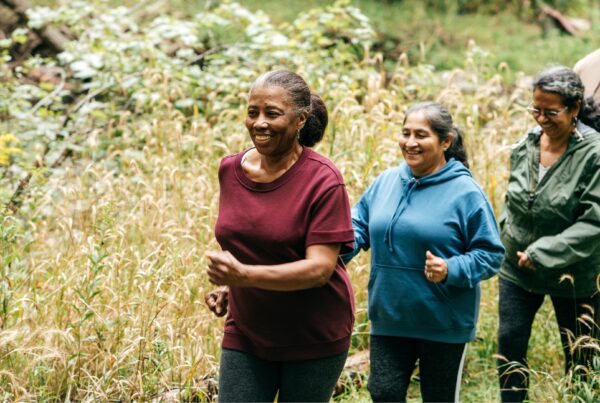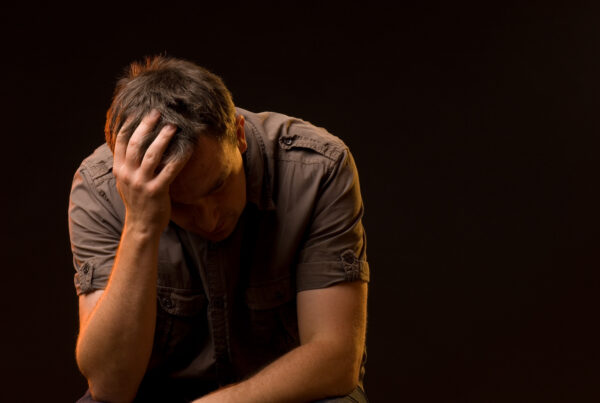How Learn to Live Delivers CBT: Part 10
Take a moment and think of the things you do to try to keep yourself from feeling unpleasant emotions. Consider the things you do so you don’t feel too scared, too upset, or too sad. You might think of all those unnecessary things we do to keep us from feeling too troubled as hacks for our emotions. Researchers often call them “safety seeking behaviors.” I just call them “precautions.”
It turns out those precautions can often be a big part of why we stay stuck. We may be stuck in our anxiety, depression, substances, or other challenges. These precautions include things like:
- Overanalyzing to keep myself from making the wrong decision.
- Avoiding sharing my opinions in a conversation.
- Making sure I don’t say something to another person that they might disagree with.
- Eating half a pan of brownies to food-medicate me from my troubling feelings.
These are some of the things we do to try to feel better. We play it safe so we don’t suffer too much. But in the end, they might just keep us stuck. How does it work? Why do they keep us stuck? Because when we use many of these precautions, we miss the chance to see if the threat was real. If I don’t self-medicate my hurt feelings with alcohol, is there a chance that I will find that my big emotions simply come and go on their own? If I don’t over-censor my words as I talk to my date, is there a chance I’d find that they can accept mistakes and even feel MORE comfortable with me if I am not perfectly polished? If I don’t cover up the shaking when I’m nervous, might the other person feel relieved that they aren’t play it safe and avoid talking about delicate subjects with friends, is there a chance I’ll find that talking about big issues might draw us closer? And if I don’t have a drink prior to dealing with a difficult conversation, might I find that I can deal with emotions that come and go, even the unpleasant ones?
And for someone specifically on a quest to face their fears—of bugs, others’ judgment, their own worries, whatever—letting go of these precautions is often one of the big challenges. The best and most potent fear-facing includes dropping the precautions. I can’t truly face my fears if I know full well that I’m also doing some things to try to keep myself extra safe.
Of course, not everybody plays it too safe. Some are too reckless at times. But for those of us who are too cautious about our feelings, we know who we are. And for us, it just might make sense to do some tests and see if the sky really does fall if we give up some of these precautions.
Maybe the old adage is wrong. And there are times when maybe you can be too careful.




